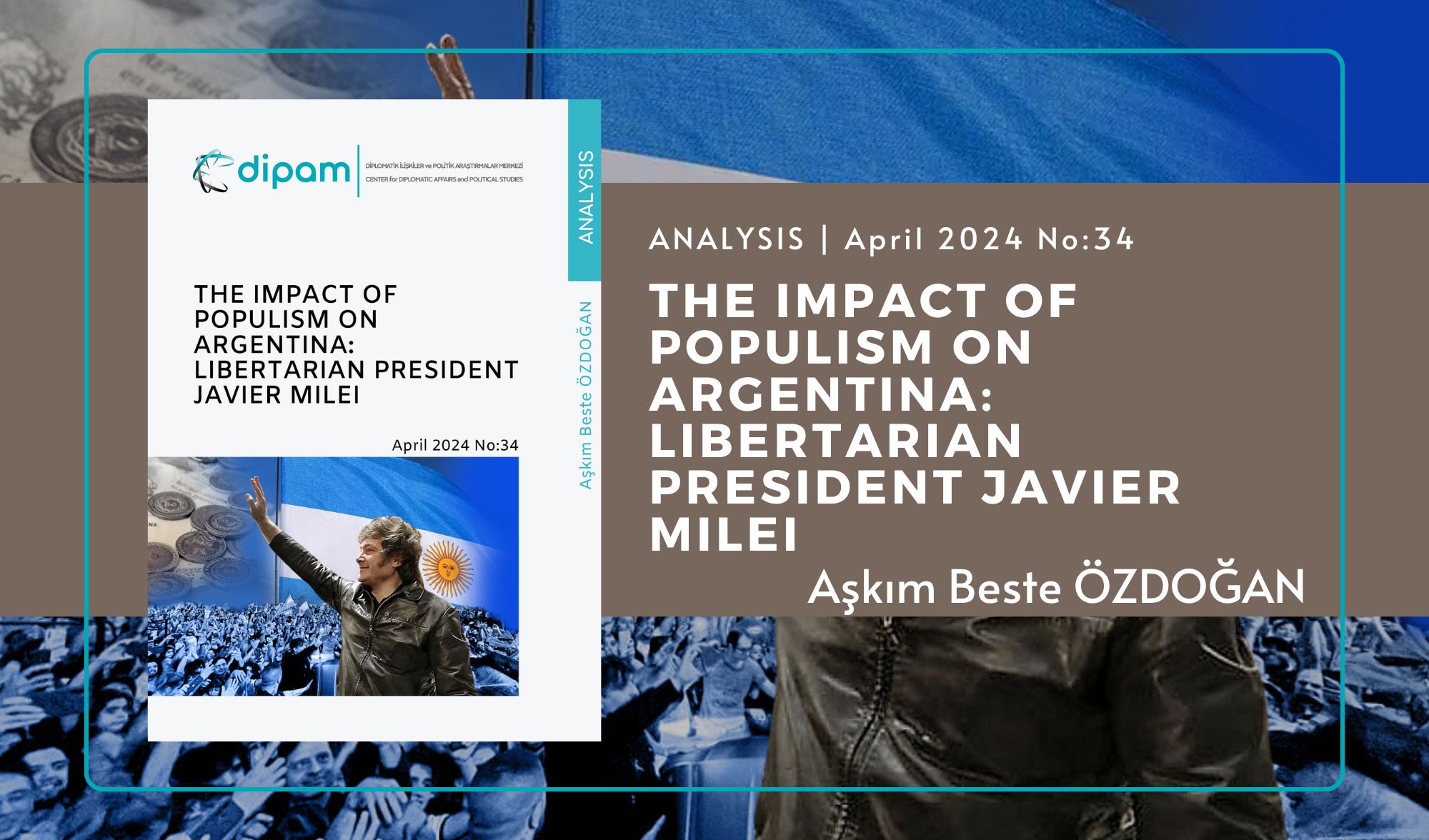Argentina, the second largest country and the third largest economy in Latin America, has long been grappling with economic and political dysfunction. Having gained independence from Spain in 1816, Argentina encountered populist governance known as Peronism, created by Juan Peron, in 1943, and has been under the sway of populist politics ever since. As of 2024, Argentina continues to struggle with economic and political issues alongside human rights violations.
In this context, the policies pursued by current President Javier Milei stand out. Milei’s electoral victory has underscored the growing public discontent with the longstanding Peronist rule and signaled a strong desire for radical changes in domestic policies amidst a deteriorating socio-economic crisis. An ultra-libertarian economist, Milei has conducted a disruptive campaign advocating for a significant reduction in the state’s role in the economy, the adoption of dollarization, and the abolition of the central bank. Since being elected, Milei, a leader who has sparked significant controversy within society, has drawn attention with radical changes. Milei’s failures both economically and in paving the way for human rights violations in the country are seen as the most debated topics.
This study, focusing on the impact of populism in Argentina, examines the rise of libertarian President Javier Milei. It delves into how populism has shaped the political landscape in Argentina throughout history and how Milei has emerged as a new voice against populism. “What impact can Milei’s leadership have on Argentina’s political and economic future, and what alternative can it offer to populist tendencies?” These are among the key questions addressed in this study. The historical and political tradition of Argentina will be discussed, and the current political and economic situation of the country will be analyzed. Milei’s electoral process and campaign will be thoroughly examined. The support Milei receives from certain states and the negative perception from others will also be discussed. Particularly, the significance of the changes under the leadership of Javier Milei, a figure rising on the country’s political scene in recent times, for Argentina and the Latin American region will be emphasized. Argentina’s role in international relations and its relationship with states like the United States will also be taken into consideration. The aims and characteristics of the emerging social movements in the country will be examined. Finally, the discussion will revolve around how Argentina’s future will be shaped in the context of Milei’s policies.
Political changes in Argentina and the rise of Milei are a current issue that has recently gained significant media attention and aroused wide interest. Therefore, this study provides readers with an opportunity to deeply understand and analyze these important developments. Themes such as the changes under Milei’s leadership and Argentina’s international relations hold significant places within today’s complex and evolving world politics.
…




